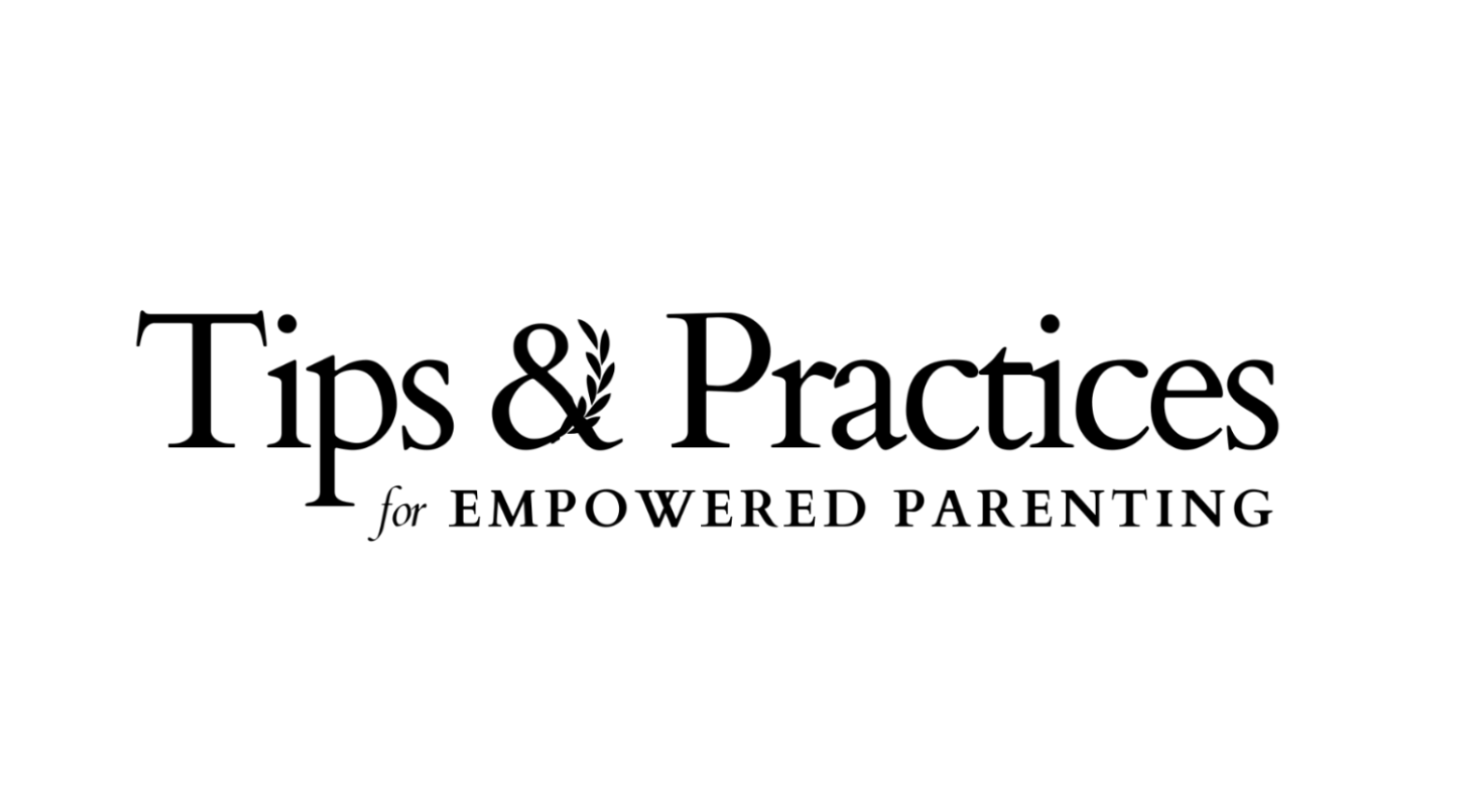Love they can rest in, not work for

Maybe you’ve been here before…
Your child hesitates before showing you a drawing. They look up, searching your face.
“Do you like it?” they ask.
You smile, of course! “It’s beautiful!” But then you might notice how their eyes stay on you a little too long, waiting for something more than praise.
In that tiny moment, you can feel it: they’re checking to see if they’ve earned your approval.
We all want our children to feel proud, to do well, to care about how their actions affect others. But when love becomes something they have to work for, through achievement, behavior, or compliance, the foundation of safety begins to wobble.

"From Earning Love to Resting in It"
At the core of every child’s well-being is the need to feel unconditionally loved, not for what they do, but for who they are.
When children sense that our love is steady, even when they mess up or melt down, they can relax into relationship. They can learn, explore, and take emotional risks, knowing that connection isn’t at stake.
This week, notice the subtle moments when your words or tone might make love feel conditional:
- “I’m so proud of you for listening.”
- “You made me so happy when you shared.”
- “See, I knew you could be good!”
Instead, try anchoring your feedback in relationship rather than performance:
- “I love how curious you are.”
- “Even when things get hard, I’m right here with you.”
- “You don’t have to be perfect to be loved in this family.”
Love expressed this way helps children rest, not strive.
Why It Works:
From a nervous-system perspective, unconditional love is the ultimate regulator. When a child knows that love is secure, not dependent on behavior, their body can stay in a state of safety and openness, even amid mistakes or conflict.
Conditional love, even when unintended, activates the stress response. The child’s system learns to monitor, please, or perform as a way of preserving attachment. Over time, this can shape patterns of perfectionism, anxiety, or people-pleasing in adulthood.
By shifting from earning to resting, we communicate:
“You are safe, even when you struggle.”
"I may guide your behavior, but my love is not on the table.”
That safety becomes the foundation from which real growth emerges.
Through the Coach Lens:
As coaches, we can help parents recognize the invisible contracts they may have carried from their own childhoods… the belief that love must be earned through achievement, obedience, or emotional caretaking.
Invite parents to reflect:
- When did you feel most loved as a child?
- Was it when you were being “good,” or when you were simply you?
- How might that early template still shape the way you connect with your child today?
Encourage them to experiment with micro-moments of unconditional connection. This could be a warm look after a hard moment, a hug before repair, or a calm “I love you,” even in moments of correction.
When parents embody love as steady and unshakable, children internalize a profound truth:
I am loved because I exist.
From that truth, everything else… empathy, resilience, confidence, and self-trust… can grow naturally.
Moments of misbehavior, conflict, or disappointment aren’t threats to love; they’re invitations to deepen it.
When our children can rest in love, rather than believe that they have to work for it…
Their nervous systems find home. And when they rest, we all do.
Thank you for continuing this journey with us, for choosing presence over perfection, and for being the kind of parent who helps love feel like rest.
Share This Article:
Curious for more?














